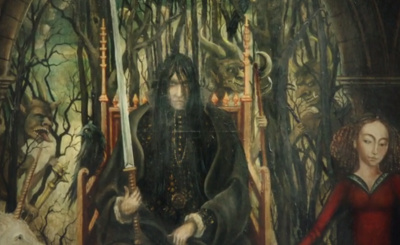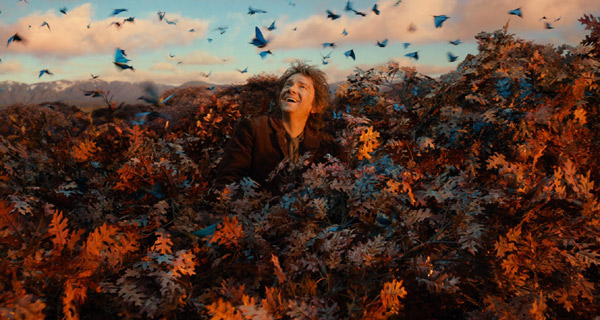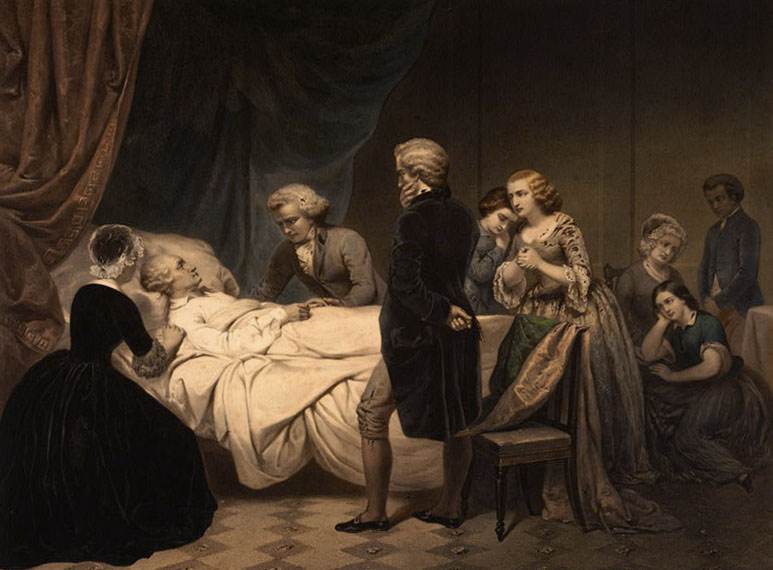Over the last five or so years, my mom asked me many times, “Do you think Peter Jackson will do The Hobbit?”
And for the last four, I always said, “No way!”
“Why not?” she’d ask.
“It’s not like The Lord of the Rings,” I’d say, sagely. “It’s a children’s book. There are fifteen primary characters with nearly indistinguishable names. It has talking trolls named William and Tom. The elves sing ‘tra-la-lally.’ Need I say more?”
I am now eating crow, for my mother’s hopes were right. But the crow, to use a weathered phrase, tastes like chicken. I was delighted when I found out that PJ was, in fact, doing The Hobbit. Doubtful, but delighted. It was quickly confirmed, and I could give full rein to my excitement.
Soon enough, however, the cynicism crept in again. The Cast? Who’s Bilbo? Have they got Ian McKellen? TWO movies? Will the trolls talk? Tra-la-lally?
The cast was near-perfect, Bilbo certainly was, there are now three movies, and yes, the trolls talk. No news on the tra-la-lally, yet. Over the months, if I’ve been bored, I can drum up a bit of Hobbit excitement on TheOneRing.net. Now, the Day is almost here, but my traitorous brain is still trying to find reasons that PJ and the crew will go wrong.
It won’t be like the book. It’ll have a lot of corny humor. It’ll be (horror of horrors) politically correct. It’ll be a Ready-Made Blockbuster. Tolkien will be blasphemed.
But over the last few days, some really interesting things have popped to my attention, most of which were Phillipa Boyens’s comments.



 Yesterday was J.R.R. Tolkien's birthday. I refer, of course, to the man who wrote the best novel of the 20th Century: The Lord of the Rings. And no, that fact is not up for dispute.
Yesterday was J.R.R. Tolkien's birthday. I refer, of course, to the man who wrote the best novel of the 20th Century: The Lord of the Rings. And no, that fact is not up for dispute..png)











